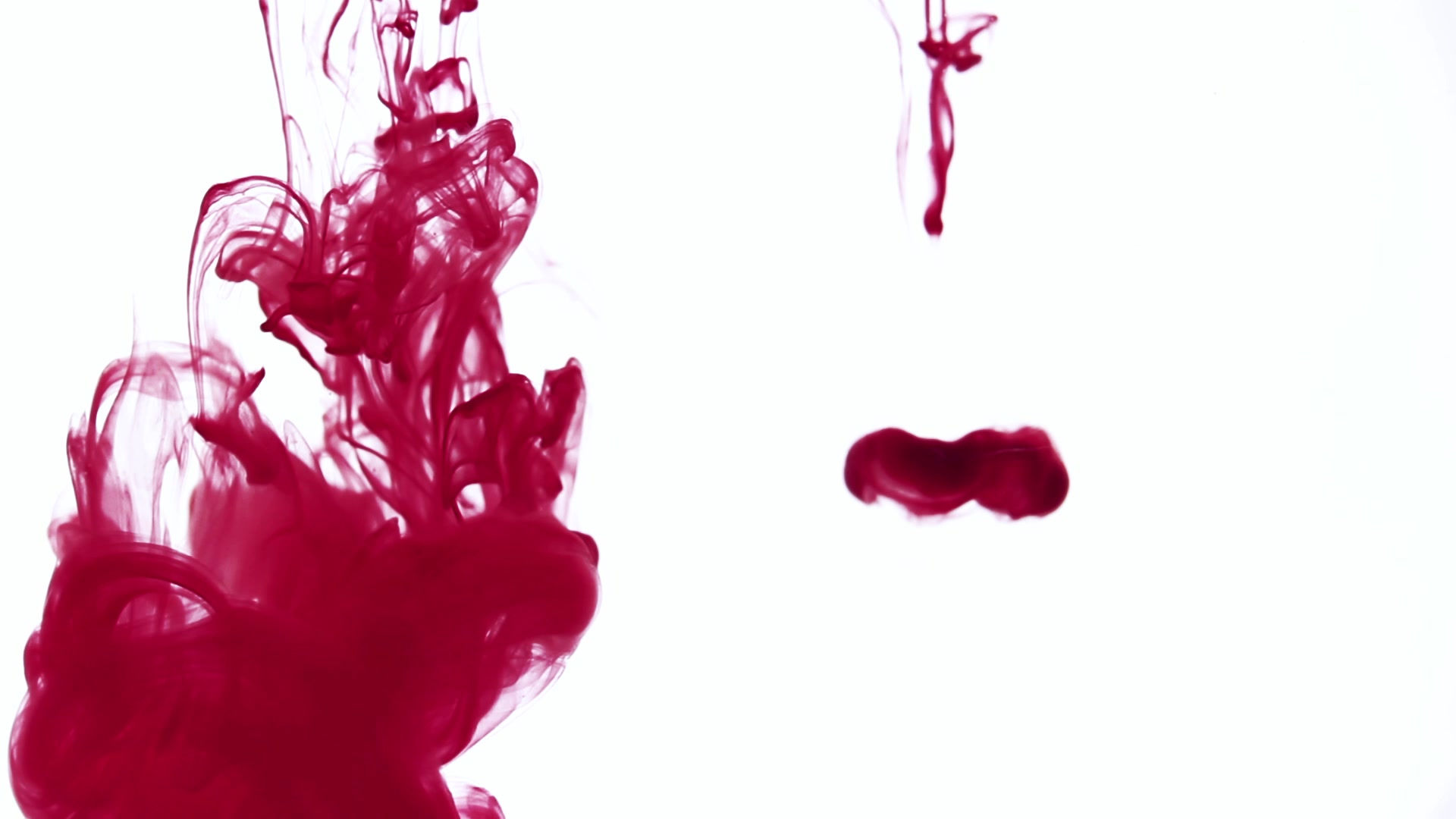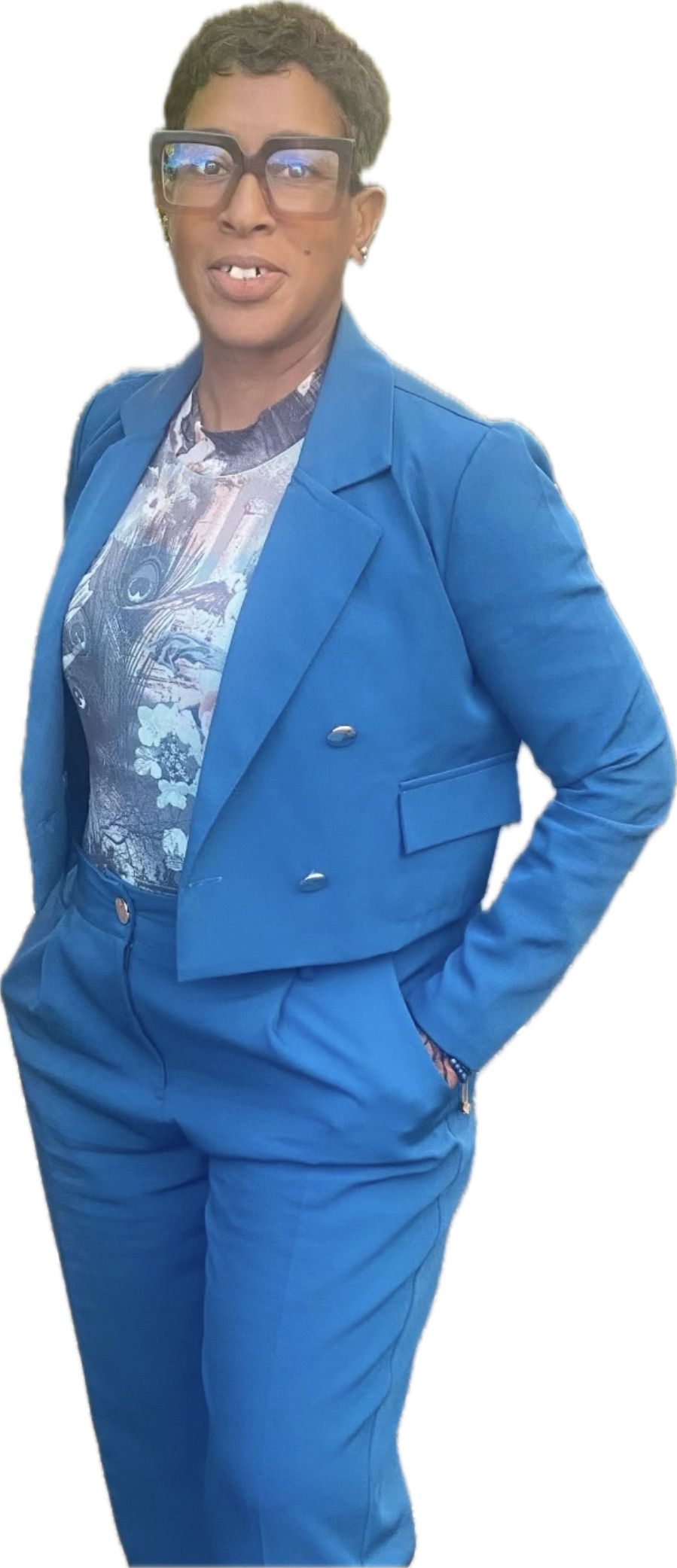Son Of Charles
- Ena-Alese
- Sep 3, 2025
- 5 min read
Hello, my name is Rashid Johnson -aka- Son Of Charles. I am a 48-year-old aspiring filmmaker, writer, and journalist from Pittsburgh, Pennsylvania.

Screenwriter Interview:
1. How did you discover your passion for screenwriting?
I’ve always been a writer—ever since I was a kid. I have to give credit to my great-grandmother, who instilled in me a deep love for reading and writing. She transitioned when I was a teenager, but I don’t think there’s anyone who has influenced me as much as her. My great-grandmother was born in 1902 and she practically raised me while my mother was going to school. Her house was my first classroom—a library bursting with encyclopedias, eight-track cassettes, vinyl records, Jet Magazine from its first issue, Archie and Jughead comics, Prince Valiant, and stacks of old books. She would kick my ass if I said I was bored. Through her storytelling, she passed down much of my Indigenous pride and a sense of cultural identity that shapes how I approach everything, including storytelling. Even with that safe space, I eventually became restless. I wanted to be outside, where everyone else was, and to be there, I kind of had to pay a toll. I was bullied for being different, and I constantly tried to adapt to spaces that didn’t understand me. Over time, I gravitated toward older peers—people seven or eight years older than me on my porch. A few peers were like me or had older siblings, but mostly, I connected with the elders. Those years led to drinking heavily at a young age and eventually joining a gang. That pathway ultimately led me into the system. Inside prison, however, I discovered the power of storytelling. I wrote novels and scripts, often sharing them to gauge feedback. When some of the toughest people in the system—avid readers themselves—told me my work reminded them of published authors, it validated my gift. That experience cemented my drive to pursue screenwriting seriously.
2. Who has been your biggest influence in the movie industry?
I wouldn’t point to a single Hollywood figure. My influences are a pantheon of storytellers—Francis Ford Coppola, Kenya Barris, and the writers behind 50 Cent’s Power universe. But much of my inspiration comes from authors whose work deserves to be on the big screen: Tananarive Due, Guy Johnson, and others who blend culture, history, and imagination with depth. Their ability to craft stories that carry social and cultural weight pushes me to bring the same richness into screenwriting.
3. Who are two actors you would like to work with, and why?
LaKeith Stanfield is one. His range is incredible, and he’s one of the most gifted actors of his generation. He brings a rawness and unpredictability to every role that makes it unforgettable. Beyond that, LaKeith exemplifies what I argue for in my work: the importance of homegrown, foundational Black American actors telling our stories. Hollywood has a habit of importing foreign talent to play African-American roles, often citing training or prestige, but that’s part of a colonial mindset—outsiders telling our stories from the outside in. LaKeith’s career shows the grind what it takes to succeed in America. From high school drama clubs to indie films like Short Term 12, then Selma, Dope, Miles Ahead, and Atlanta, he has fought to claim his space. He embodies the kind of talent we must support to reclaim our narratives. The second is Yasiin Bey (Mos Def). I’d love to craft a role that elevates him to the legendary status I see in Denzel Washington. I want to be the writer who helps unlock that level of greatness.
4. How many screenplays or scripts have you written and/or produced? List titles please.
While incarcerated, I completed fourteen full-length scripts, mostly crime dramas and science fiction stories. Unfortunately, most were lost during a relocation after my divorce. I’m currently rebuilding my repertoire. My newest project, Muse, is what I call my 'starter cake.' It’s a shocker film that’s been living in the back of my mind for years. I wanted to start with something bold because many great filmmakers launched with horror or psychological thrillers. Muse is that step for me—the story that grabs attention, shakes people, and shows I’m here to make my mark.
5. What are some pitfalls you’ve experienced in your career?
The biggest setback was losing a large body of work that I had poured years into. But my career challenges go deeper. From childhood, I navigated spaces that didn’t understand me. The bullying I faced pushed me toward older peers and a life that included heavy drinking and gang involvement—ultimately leading to incarceration. Rebuilding after twenty years in the system meant confronting not only lost time but a fast-moving industry. The world moves forward whether you’re ready or not. But those challenges became my foundation. They gave me resilience, perspective, and a hunger to succeed. Every setback—from lost scripts to lost opportunities—fuels my drive to reclaim my place in storytelling and to ensure foundational Black American voices are heard.

6. What are your best experiences in your career?
Some of the best experiences have been moments of connection. Inside prison, when someone told me my work reminded them of a published author, it validated years of writing in isolation. It reminded me that stories have power and that my voice mattered. Today, my best experiences are about reclaiming and shaping my own path. Graduating from Full Sail gave me the tools to turn ideas into polished scripts. Projects like Muse and the buddy film I’ve been quietly developing allow me to bring my lived experiences, cultural roots, and perspective into the work. I’m also exploring photography as another way to tell stories visually. The throughline in all of it—from my grandmother’s house to the porch with older peers, to incarceration, to now—is what informs every story I tell. Every project is an opportunity to honor those experiences while sharing them with the world.
7. Are you independent or do you have a contract with a movie producer?
I’m independent right now. That independence gives me freedom to write without limitations while leaving the door open to collaborate with producers who understand and respect my vision.
8. What is your all-time favorite movie or movies? Why? Would you change anything about the story plot?
I’ve always loved buddy flicks. Movies like Uptown Saturday Night and Let’s Do It Again with Sidney Poitier and Bill Cosby are classics to me. Even Friday is a great example of how friendship, comedy, and culture can carry a film.
These movies matter because they capture dynamics that bring people together. After I polish Muse, I plan to jump back into the buddy flick I’ve been quietly working on—shhh, that one’s still under wraps.
Now that summer’s over, I’m in full creative lock-in mode. I’m stocking up on composition pads and pens, getting ready for what I call my writing season. This winter, I plan to focus completely on developing new scripts—especially that buddy film tugging at me. This season is its birthing chamber.
Alongside writing, I’m expanding into photography to capture visuals that complement my stories. When summer returns, I’ll be ready to bring the camera out again. I’m disciplined, inspired, and just getting started. Stay tuned.




Comments